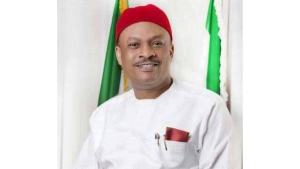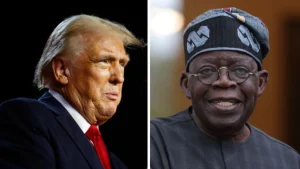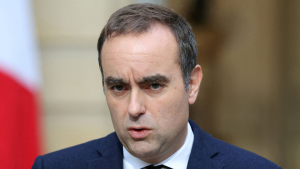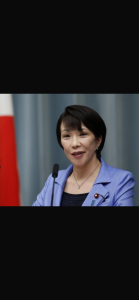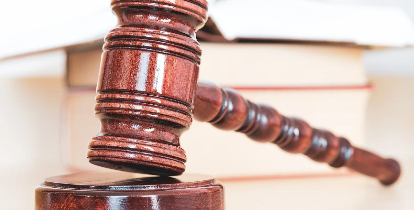
Plea bargaining, intended as a tool for efficiency in justice, has in Nigeria become a mechanism protecting the elite, fostering impunity, and weakening the rule of law.
Though globally praised for reducing court backlogs and delivering swift sentencing, Nigeria’s system has diverged from these goals, particularly in high-profile corruption cases.
The system’s origins intended to clear courts and provide certainty have instead often allowed powerful defendants to evade genuine accountability.
Landmark examples include former Police IG Tafa Balogun, who forfeited massive assets yet served minimal imprisonment; former Bayelsa State Governor Diepreye Alamieyeseigha, quickly pardoned after a short jail stint; and Delta State’s James Ibori, whose extradition and conviction abroad highlighted Nigeria’s compromised judicial capacity.
Critiques focus on unequal outcomes, erosion of constitutional protections, and lack of transparency.
Plea bargaining in Nigeria tends to bypass fair trials, resulting in lenient sentences for politically connected figures while ordinary citizens face harsher consequences. This disparity fuels public distrust and questions the effectiveness of anti-corruption efforts.
Scholars argue that the process undermines due process, enabling prosecutors excessive discretionary power without sufficient oversight.
The mechanism often protects vested interests rather than serving justice or community welfare, leading to calls for judicial reform and stricter guidelines.
The persistent controversies and public outrage underscore systemic weakness in Nigeria’s legal and anti-corruption frameworks.
Without substantial reforms ensuring fairness, transparency, and accountability, plea bargaining remains a facade of justice, eroding democracy instead of strengthening it. The challenge lies in balancing expediency with integrity to restore faith in Nigeria’s justice system.
This view is widely shared among legal experts, activists, and citizens demanding effective prosecution of corruption without shortcuts that favor the privileged at the expense of the greater good.

